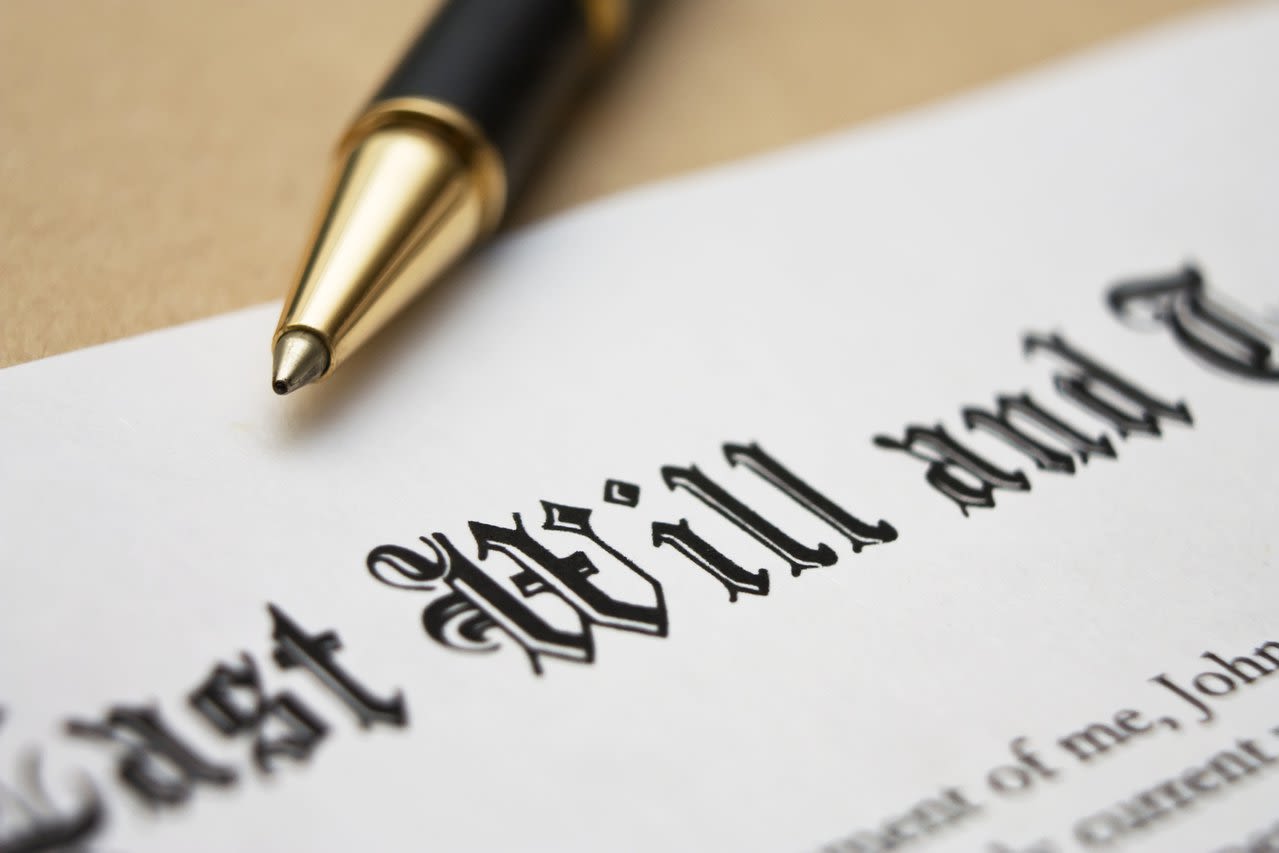A trust is an instrument set up to hold the property of an individual, often called the grantor, for one or more designated beneficiaries.
BLOG
estateplanning
12 Estate Planning Must-Dos
Whether you have been through the estate planning process, or are beginning it, here are 12 points for you to review.
Whom Should I Name as Executor of My Will?
The executor of your estate is legally and financially liable for all decisions made during the probate process.
Why Plan Your Estate?
Regardless of your level of wealth and the ultimate tax consequences of your estate, solidifying the future of your family is probably high on your list of priorities.
Understanding the Estate Planning Process
The careful planning of an estate requires a great deal of expertise.
The ABC’s of Estate Planning
Estate planning is important for everyone, regardless of income level or net worth.
Ten Common Estate Planning Mistakes
Early and thorough planning can help you avoid these common mistakes, meet your financial goals, and leave a lasting legacy for your loved ones.
Solidify Your Future: Use Advance Directives
Today, managing your financial well-being often includes the potential need for long-term health care.
Revisiting Elder Care Issues
Plans that were made at age 65 often require a second look once seniors reach their eighties and nineties.
Putting Trusts to Work for You
Trusts are valuable planning tools that can help you and your family achieve a variety of financial and estate planning goals.









